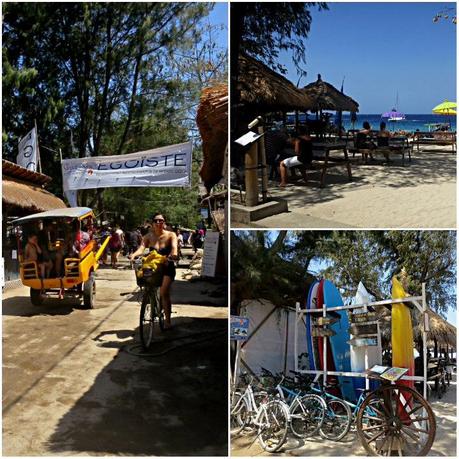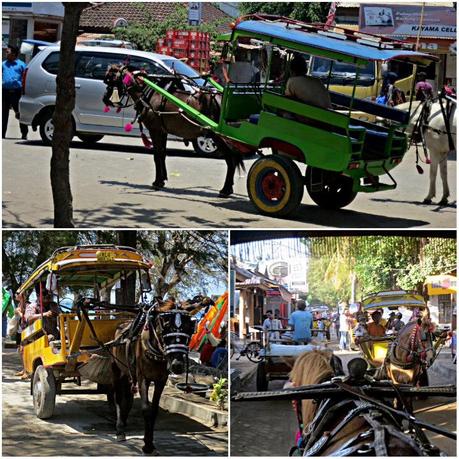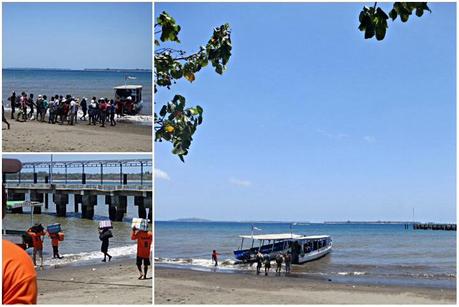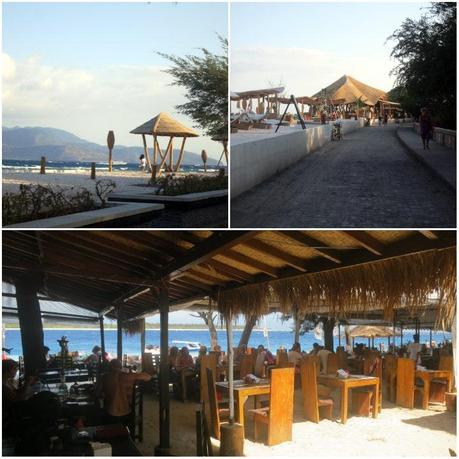The first thing most people hear are the jingling of the bells, the rattling of the harnesses and the heavy footfalls of horses in the sand. Anyone who has visited the Gili Islands will recognize these sounds. The horse and carts are the only forms of public transport on the islands. They give the Gilis’ a rustic appeal and add to that relaxing holiday atmosphere. The second thing that an observant visitor will notice and probably appreciate is just how few horse and carts there actually are on the island.

There are less than three dozen horse and carts operating on the Gili Islands and there’s a reason for this; when the islands were first finding their feet as a tourism destination during the Suharto era, the local government issued 30 permits. Even though the number of visitors to the islands has increased dramatically, the number of permits has not changed since these were first issued.

Of course, anyone with a basic grasp of economics will understand that limited resources and high demand leads to inflated prices. The Gili Islands are no exception to the rules of the market and today, the cost of a permit to run a horse and cart come in at around $300,000. Yes, that’s a $9 million dollar transport market.

That might seem like a lot of money and it is. But these carriages run 24 hours a day, seven days a week non stop. When a horse is tired, they just replace it with another horse. When the taxi driver needs to sleep, a colleague takes over. Taxi prices are of course deliberately inflated and confusing.

It takes less than three years a permit holder will have made their money back. From then on, the clip clop of hooves is like the sound of an eternal cash register. Not everyone of course is happy with the situation. Some efforts have been made to implement reforms, but with so much money at stake nothing has been successful. The truth is, the islands taxi service is at the mercy of the Gili Island horse mafia. A mafia that is willing to do anything to keep its monopoly in place, which all makes the sound of those jingling bells a lot more sinister.
